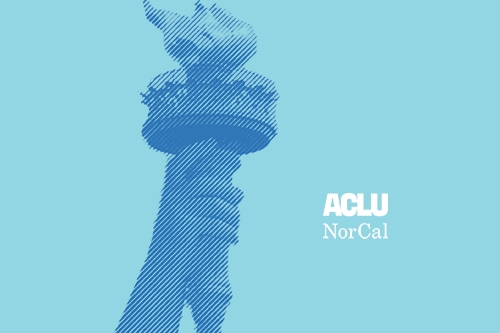Article Media

Nearly 50 million people in the United States carry smartphones with capabilities to track and pinpoint their location. Roughly one-fifth of smartphone owners use mobile location-based services – like Google Maps, Foursquare, and Facebook Places – that generate specific information tied to the user's location. But consumers are rightfully concerned about the privacy implications: where we go and what we do says a great deal about who we are. The more that location information is available, the more potential there is for misuse or abuse.
Today, the ACLU of Northern California (ACLU-NC) published a guide outlining privacy considerations for mobile location-based services, including a side-by-side comparison [pdf] of several popular products' privacy practices.
The more consumers do using mobile location-based services, the more digital footprints they leave behind. This sensitive personal information is highly sought by private companies and government agencies. In one recent instance in Michigan, police sought information about every mobile phone near the site of a planned labor union protest. In 2009, a Sprint employee revealed that law enforcement accessed location information about Sprint users more than 8 million times over a 13-month period. Location-based services can collect information that paints a clear picture of someone's life: when they attend a religious service, visit a health clinic, play hooky from work, or spend an evening at a bar. If that information falls into the wrong hands, the consequences can range from embarrassing to chilling to downright dangerous.
"Americans have the right to expect that new technologies will improve their lives without invading their privacy" said Nicole Ozer, Technology and Civil Liberties Policy Director at the ACLU of Northern California. "Outdated privacy law leaves consumers' personal information without adequate protection. That's bad for companies and their customers."
The federal law governing electronic privacy, the Electronic Communications Privacy Act (ECPA), was passed in 1986, long before smartphones, Google, or Facebook existed. The ACLU of Northern California advocates for updated privacy law and for companies to build in strong privacy protections.
The ACLU of Northern California's new comparison of six popular social location-based services (Foursquare, Facebook Places, Yelp, Gowalla, Twitter and Loopt) revealed a complex web of privacy settings and defaults that can be difficult for users to navigate. Although these kinds of geolocation apps are increasingly common, most consumers are understandably concerned about privacy and safety.
The ACLU of Northern California recommends that companies providing location based services can do these 3 things to better protect consumer privacy:
- Give users control over who can check them in, who sees their checkins, and how long checkins are retained.
- Fix the app gap: Give users control over what location information can be accessed by third parties
- Demand a warrant before handing over users' location information to the government.
The guide is a project of the ACLU of Northern California's Demand Your dotRights campaign for digital privacy.
Learn more:
Download Location Based Services Privacy Check-In (Nov. 16, 2010)
Download the side-by-side comparison (Nov. 16, 2010)
